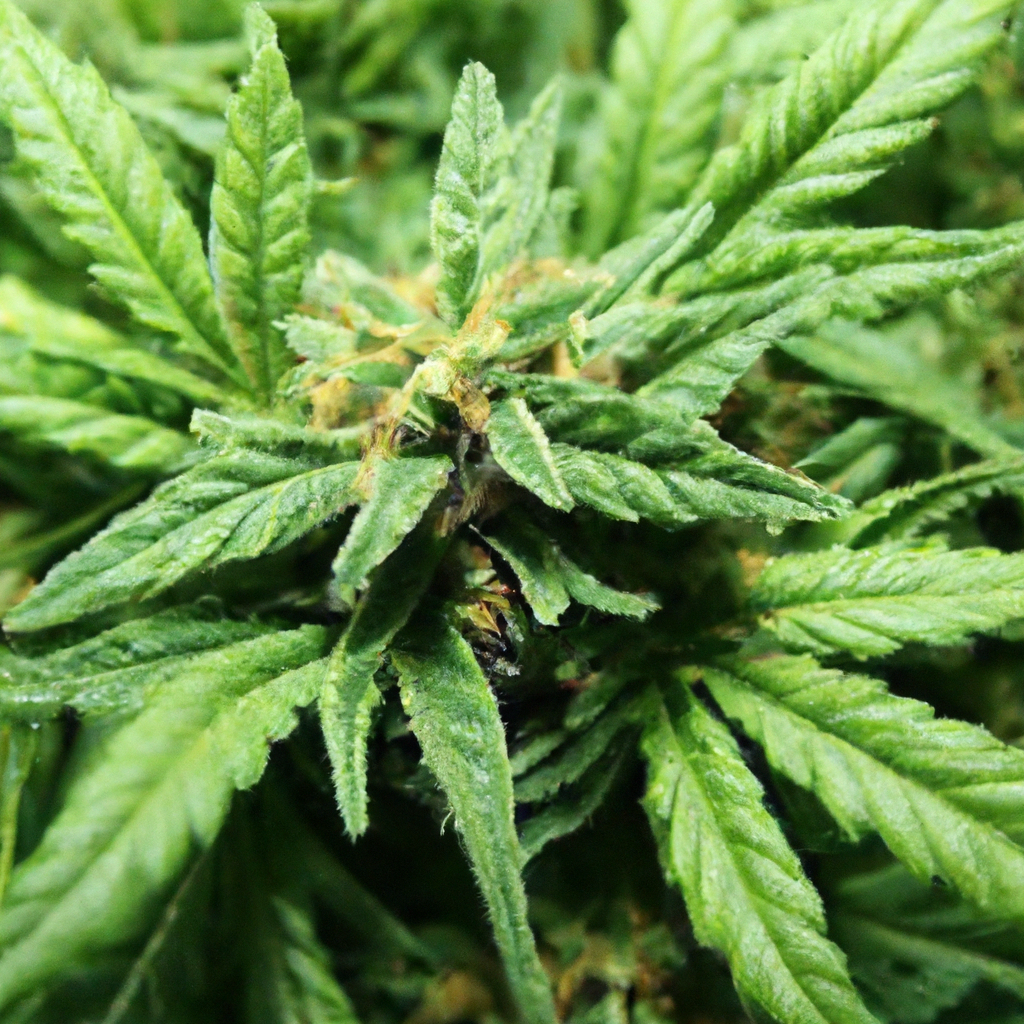Your cart is currently empty!
Growing cannabis organically is not just a trend but a commitment to quality, sustainability, and environmental responsibility. By using natural fertilizers, compost, and eco-friendly pest control methods, you can produce healthier cannabis plants while minimizing your environmental footprint. This guide will walk you through the best practices for organic cannabis cultivation, highlighting the benefits of building a healthy soil ecosystem and avoiding synthetic chemicals.
Building a Healthy Soil Ecosystem
The foundation of any successful organic garden is healthy soil. By focusing on soil health, you ensure that your cannabis plants can access the nutrients they need for optimal growth.
- Composting: Create rich, nutrient-packed compost by recycling kitchen waste and garden trimmings. This enhances soil structure and provides essential nutrients.
- Mulching: Apply a layer of natural mulch around your plants to retain soil moisture, suppress weeds, and gradually enrich the soil as it decomposes.
- Beneficial Microorganisms: Incorporate beneficial microbes like mycorrhizal fungi and bacteria to enhance nutrient availability and improve plant resilience.
Natural Fertilizers for Thriving Plants
Moving away from synthetic fertilizers can significantly boost the health of your cannabis crops. Here are some natural alternatives:
- Fish Emulsions: An excellent source of nitrogen for fast growth, fish emulsions also improve soil texture.
- Bone Meal: High in phosphorus, bone meal supports robust root development and flowering.
- Worm Castings: Known as black gold, worm castings are packed with readily available nutrients and beneficial microorganisms.
Eco-Friendly Pest Control Methods
Protecting your cannabis plants from pests doesn’t have to involve harmful chemicals. Here’s how to maintain plant health naturally:
- Companion Planting: Grow plants like marigolds or basil to repel pests and attract beneficial insects.
- Neem Oil: A natural pesticide and fungicide, neem oil can manage a range of pests without harming beneficial insects.
- Introduce Beneficial Insects: Ladybugs and predatory mites are natural allies in controlling aphid populations and other pest outbreaks.
Benefits of Organic Cannabis Cultivation
Embracing organic cannabis cultivation offers several benefits for both growers and consumers:
- Environmental Impact: Reduce pollution and soil degradation by avoiding synthetic fertilizers and pesticides.
- Improved Weed Quality: Consumers increasingly seek cannabis free from chemical residues, leading to better market acceptance and potential premium pricing.
- Sustainability: Organic practices promote long-term soil health and resource conservation, essential for sustainable farming.
Conclusion
Organic cannabis cultivation is not only a responsible choice but a rewarding one. By focusing on natural practices and sustainable methods, you enhance the quality of your crops while contributing to a healthier planet. Whether you’re a seasoned grower or a newcomer, these practices offer a pathway to success that aligns with nature’s principles.
Ready to take your cannabis cultivation to a more sustainable level? Start implementing these organic practices today!
Discover more from Magic Clones
Subscribe to get the latest posts sent to your email.


Leave a Reply